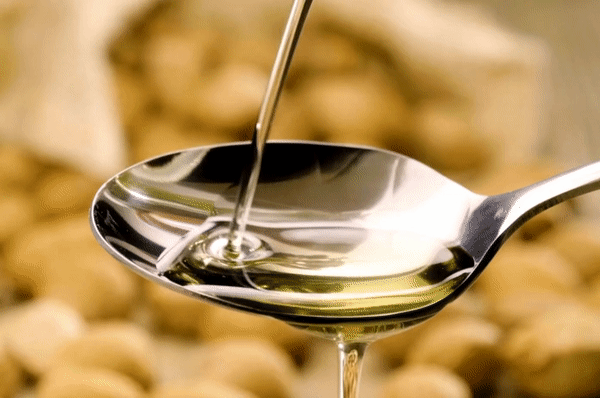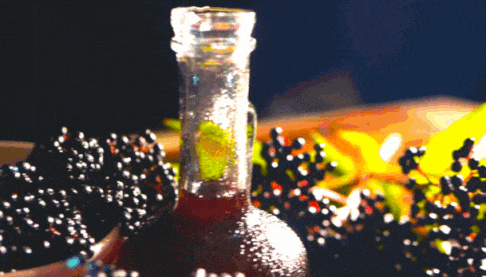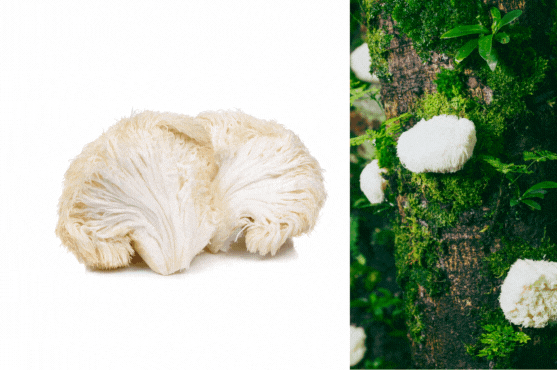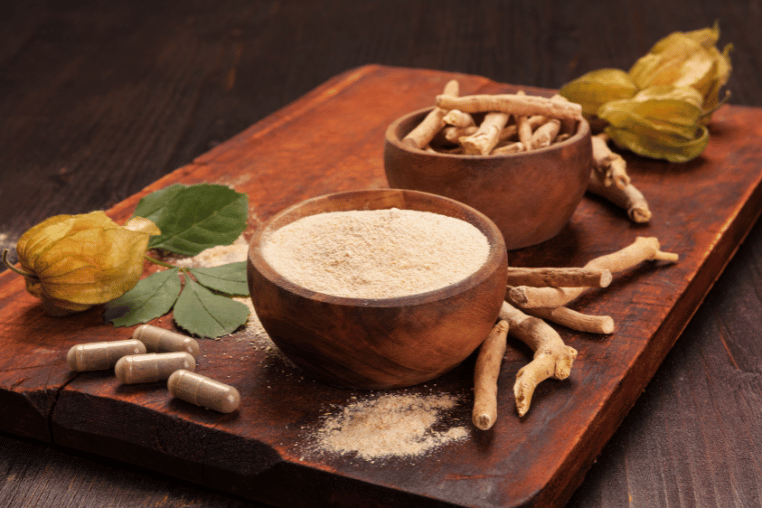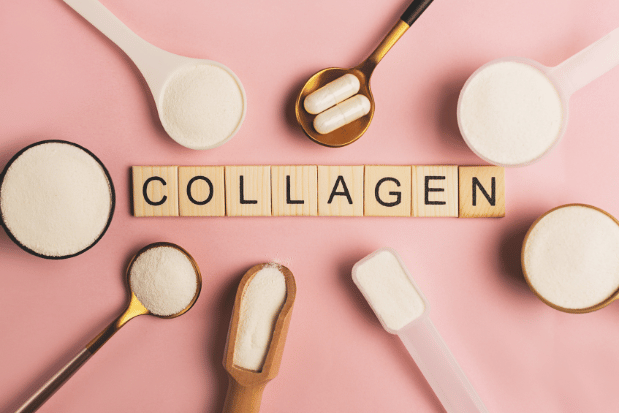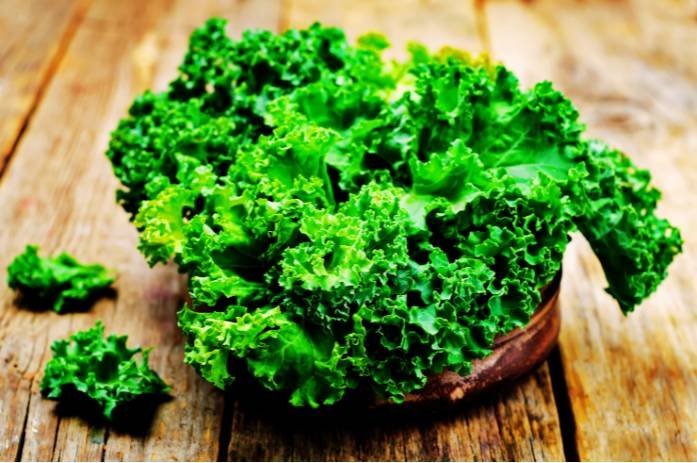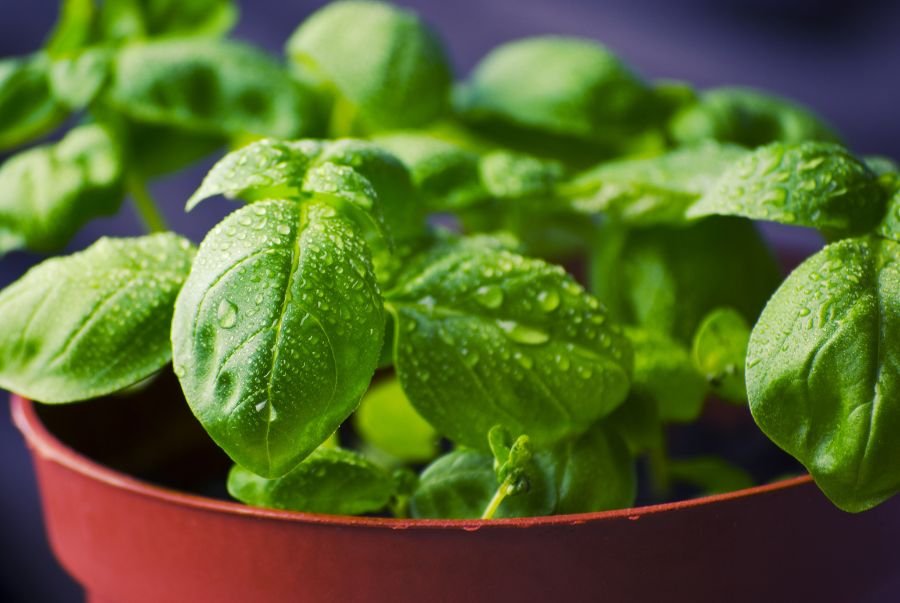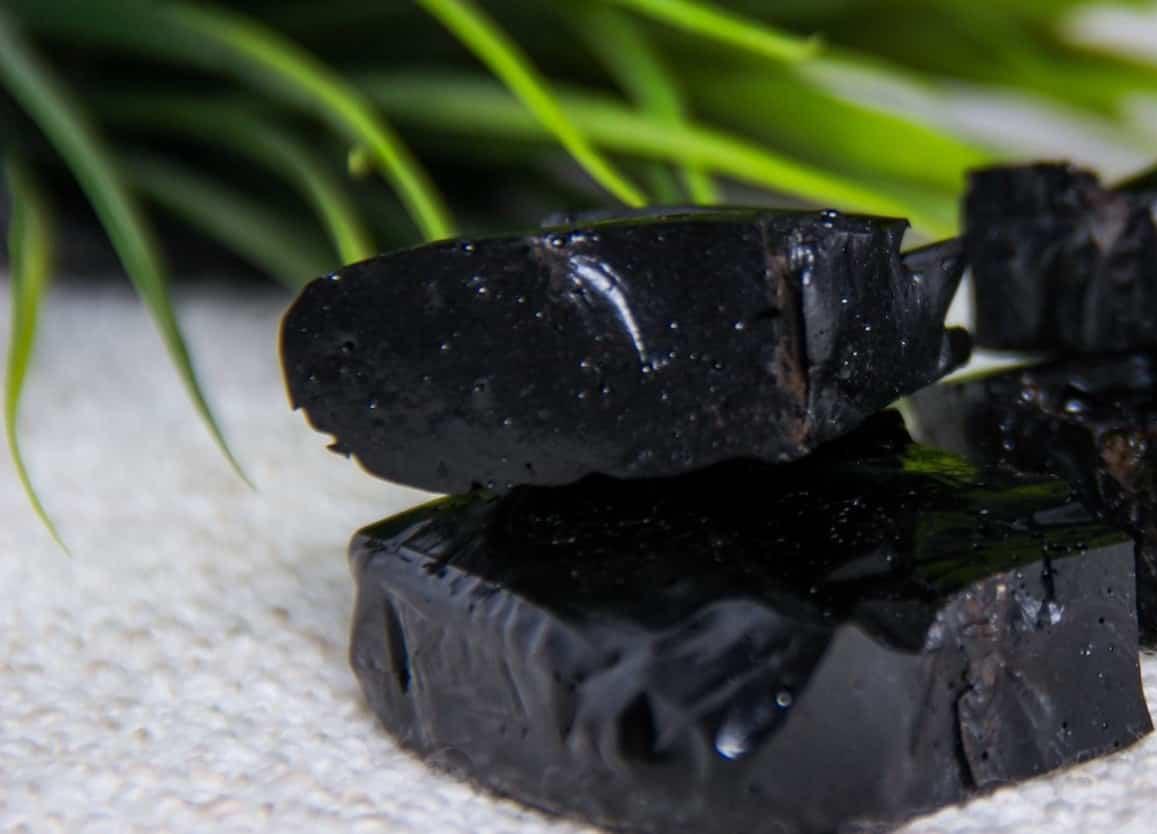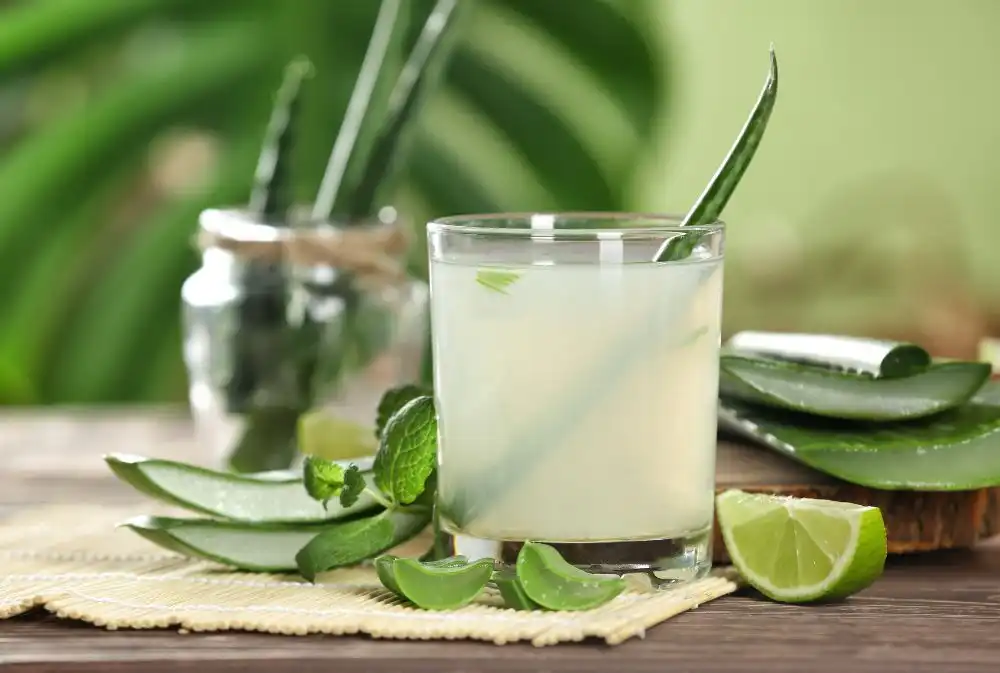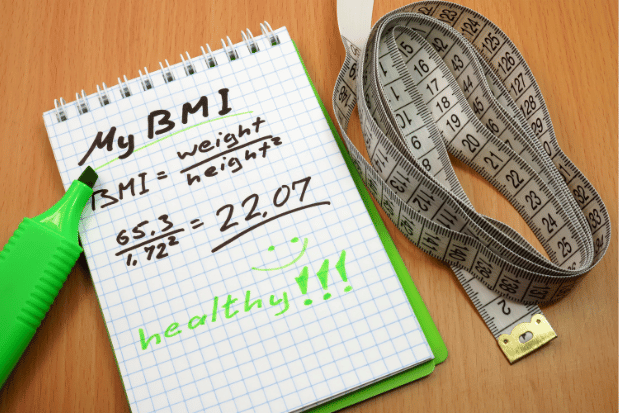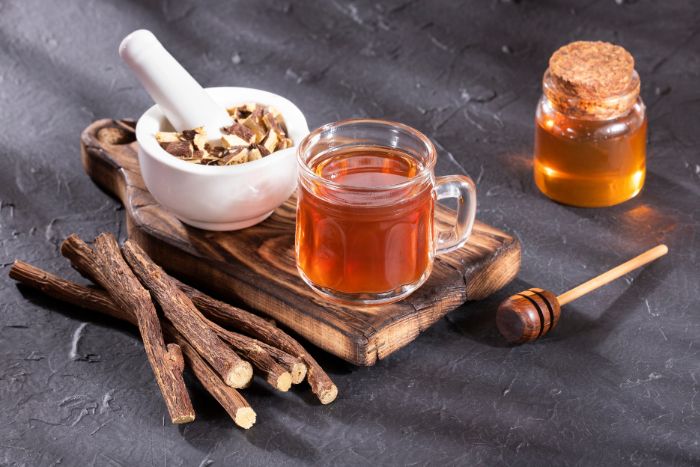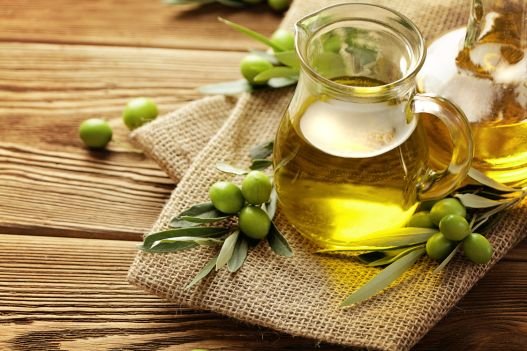
Certified Dietitian
Introduction
Zinc is an essential mineral required for various physiological functions in the human body, including immune system support, cell division, and wound healing. For individuals following a plant-based diet, obtaining sufficient zinc is crucial to maintain optimal health. In this article, we will explore seven plant-based foods that are rich in zinc, ensuring that vegans and vegetarians can meet their zinc requirements while enjoying a diverse and nutritious diet.
Importance of Zinc in a Plant-Based Diet
Zinc is a trace mineral that plays a vital role in enzymatic reactions, gene expression, and protein synthesis. It is particularly important for vegans and vegetarians because some plant-based foods contain compounds that can reduce zinc absorption. Thus, it becomes essential to include zinc-rich foods in the diet to prevent deficiency and support overall well-being.
The Recommended Daily Intake of Zinc
The recommended daily intake of zinc for adults is around 8 to 11 milligrams, but vegetarians may need to consume slightly higher amounts due to the lower bioavailability of zinc from plant-based sources. Pregnant and lactating women, as well as athletes, may also require more zinc to meet their increased needs. Sufficient zinc intake in a plant-based diet can support a robust immune system, promote skin health, and aid in wound healing. Zinc also plays a role in cognitive function and metabolism, making it essential for overall well-being. Moreover, zinc can contribute to healthy hair and nails, making it a beauty-enhancing mineral.
Legumes
Legumes, including beans, lentils, and chickpeas, are excellent sources of zinc for plant-based eaters. One cup of cooked chickpeas provides approximately 2.5 milligrams of zinc, making it a great addition to salads, stews, and curries. Lentils, on the other hand, offer about 1.3 milligrams of zinc per cooked cup, while black beans provide around 2 milligrams.
Nuts and Seeds
Nuts and seeds are not only rich in healthy fats and protein but also contain zinc. For example, a handful of pumpkin seeds can provide up to 2.2 milligrams of zinc. Incorporate a variety of nuts and seeds into your diet by sprinkling them over smoothies or oatmeal. Additionally, almonds, cashews, and hemp seeds are also good sources of zinc, offering around 1 to 1.5 milligrams per serving.
Whole Grains
Whole grains like quinoa, brown rice, and oats are not only nutritious sources of complex carbohydrates but also contain zinc. They provide around 1 to 2 milligrams of zinc per cooked cup. Swap refined grains with whole grains for an added zinc boost. For example, a cup of cooked quinoa offers approximately 1 milligram of zinc.
Dark Leafy Greens
Dark leafy greens such as spinach, kale, and Swiss chard are rich in zinc and other essential nutrients. A cup of cooked spinach offers approximately 1 milligram of zinc, making these greens a valuable addition to salads and stir-fries. Swiss chard provides around 0.6 milligrams of zinc per cooked cup.
Fortified Plant-Based Milk and Cereals
Many plant-based milk alternatives and breakfast cereals are fortified with zinc and other nutrients. Check the labels to find fortified options that offer up to 3 milligrams of zinc per serving. Fortified almond milk and soy milk are some examples of zinc-enriched plant-based milk options.
Tofu and Tempeh
Tofu and tempeh, derived from soybeans, are excellent sources of zinc for vegans and vegetarians. Half a cup of tofu contains around 2 milligrams of zinc, while the same amount of tempeh provides approximately 1.5 milligrams. These versatile soy products can be used in various dishes, from stir-fries to sandwiches.
Avocado
Avocado not only adds creaminess and flavor to various dishes but also offers a small amount of zinc. Half an avocado contains approximately 0.6 milligrams of zinc, making it a nutritious addition to salads and sandwiches. Avocado can be a perfect zinc-rich topping for toast or a delightful addition to smoothies.
Incorporating Zinc-Rich Plant-Based Foods into Your Diet
A well-balanced plant-based diet can easily meet your zinc needs by incorporating a variety of zinc-rich foods. Create meals that include a mix of legumes, nuts, seeds, whole grains, dark leafy greens, and fortified foods to ensure an adequate zinc intake. For instance, a Buddha bowl with quinoa, chickpeas, mixed greens, and pumpkin seeds can be a delicious and zinc-packed meal.
Cooking Tips to Maximize Zinc Absorption
A well-balanced plant-based diet can easily meet your zinc needs by incorporating a variety of zinc-rich foods. Create meals that include a mix of legumes, nuts, seeds, whole grains, dark leafy greens, and fortified foods to ensure an adequate zinc intake. For instance, a Buddha bowl with quinoa, chickpeas, mixed greens, and pumpkin seeds can be a delicious and zinc-packed meal. To enhance zinc absorption from plant-based foods, consider soaking, sprouting, or fermenting legumes, nuts, and seeds. These processes can reduce phytates, which can inhibit zinc absorption. Pairing zinc-rich foods with vitamin C sources, like citrus fruits or bell peppers, can also improve zinc absorption. For example, toss spinach and kale salad with lemon vinaigrette to boost zinc absorption.
Quick Recap
In conclusion, obtaining enough zinc on a plant-based diet is achievable by including a variety of zinc-rich foods in your daily meals. Legumes, nuts, seeds, whole grains, dark leafy greens, tofu, tempeh, and fortified foods can provide the necessary zinc to support optimal health. By following a well-balanced and diverse plant-based diet, you can enjoy the benefits of zinc and other essential nutrients while embracing a cruelty-free and environmentally-friendly lifestyle.
FAQs (Frequently Asked Questions)
Absolutely! By incorporating zinc-rich plant-based foods like legumes, nuts, seeds, and whole grains into your diet, you can easily meet your zinc needs. A varied and balanced diet is the key to obtaining sufficient nutrients, including zinc.
In most cases, a well-planned plant-based diet can provide sufficient zinc. However, if you have specific dietary restrictions or concerns, it’s best to consult a healthcare professional before considering supplements. They can assess your individual needs and recommend supplementation if necessary.
Yes, zinc deficiency can lead to health issues, including impaired immune function and delayed wound healing. It’s crucial to ensure an adequate zinc intake through a balanced plant-based diet. Pay attention to the variety of foods you consume to ensure you cover all essential nutrients.
Yes, some fortified plant-based milk products can be a good source of zinc. However, always check the labels to ensure they are enriched with zinc. Remember that fortified foods should be part of a well-rounded diet and not relied upon solely for meeting nutritional needs.
Yes, including zinc-rich plant-based foods in your diet may contribute to improved hair and nail.















